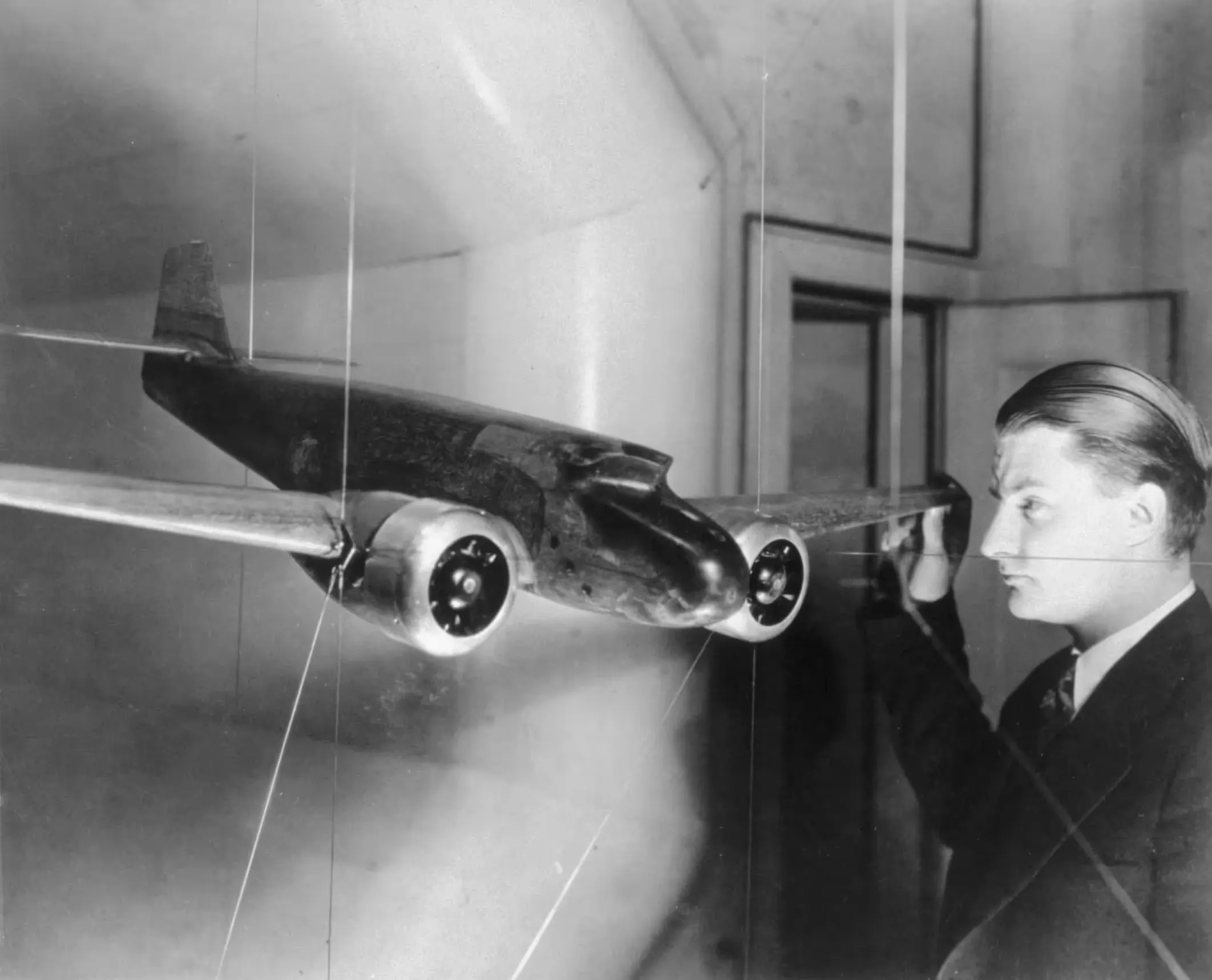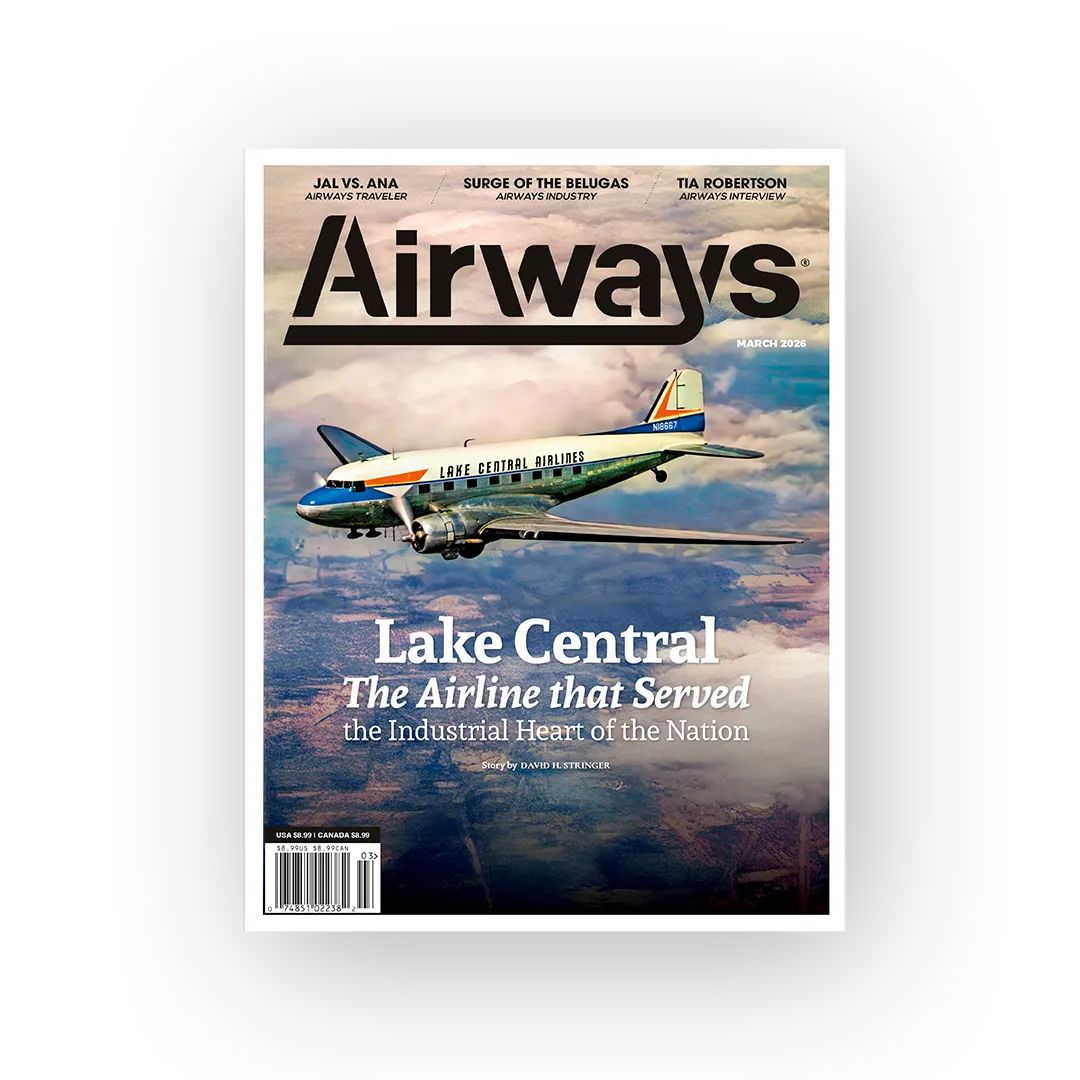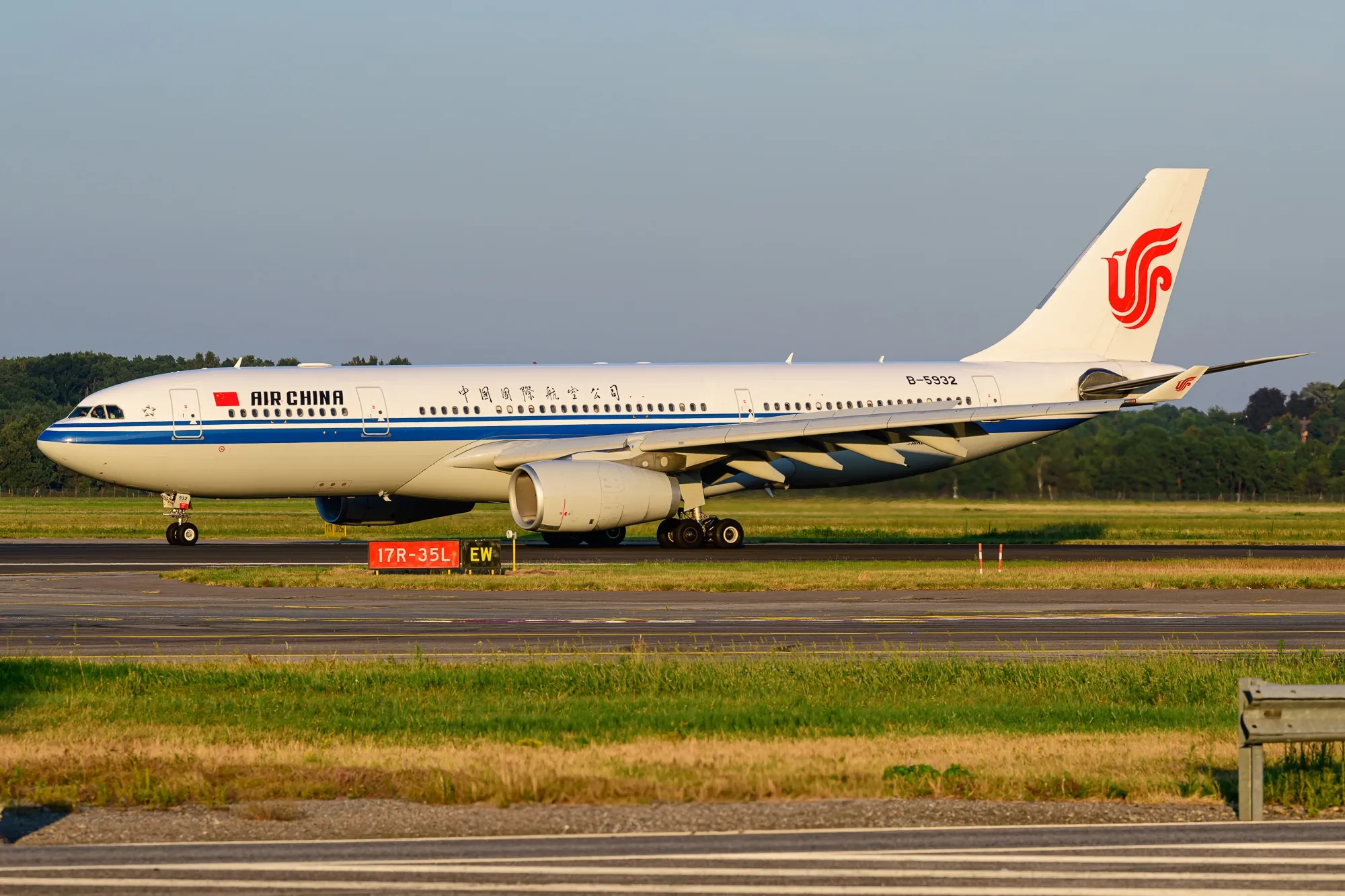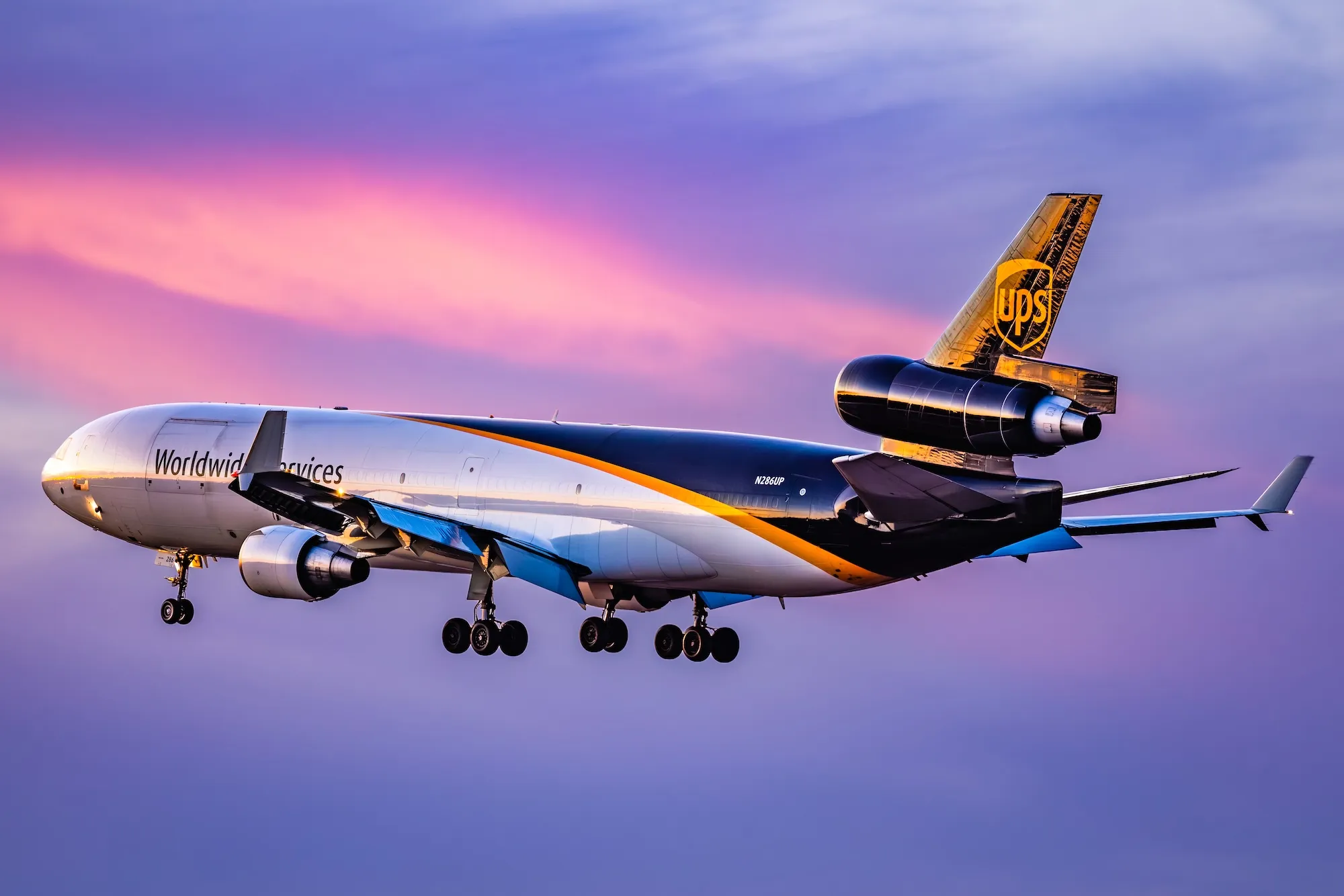DALLAS — On Monday, the Nigeria Civil Aviation Authority (NCAA) suspended all wet-leased aircraft under United Nigeria Airlines (UN). The news comes after a UN flight landed 198 miles from its intended destination on Sunday.
United Nigeria Airlines, a private airline based in the West African nation of Nigeria, was operating a domestic flight UN504 from Lagos Murtala Muhammed International Airport (LOS) to Abuja Nnamdi Azikiwe International Airport (ABV) on Sunday. However, the flight ended up at Asaba International Airport (ABB), 198 miles south of Abuja. Flight UN504 was operated by an Airbus A320-232 bearing the registration LZ-FSA, which is on lease to United Nigeria from Bulgarian charter airline Fly2Sky (F6).
In a statement released on X, formerly known as Twitter, Achilleus-Chud Uchegbe, the Head of Corporate Communications at UN, said the diversion was due to poor weather at the destination. Furthermore, the statement said that the pilot had intentionally diverted the flight due to poor weather conditions in Abuja and was briefed beforehand.
However, according to passengers onboard the flight, the flight attendants initially announced that the aircraft had landed in Abuja, the correct destination, only to realize that the plane landed in Asaba. Passengers were extremely confused about the landing until the captain announced that he received the wrong flight plan, restoring calm in the cabin, according to The Cable.
Immediately after the incident, Musa Nuhu, the Director General of the Nigeria Civil Aviation Authority, called an emergency meeting of the agency, where they concluded that the excuse given by United Nigeria Airlines was not justified. On Monday, sources in the NCAA stated that the regulatory body suspended the airline in a letter to the Chief Operating Officer (COO) of the airline, Mazi Osita Okonkwo, and Festus Keyamo, the Minister of Aviation and Aerospace Development in Nigeria, summed all the aviation agencies.
The regulatory body added that all wet-lease aircraft operated by United Nigeria Airlines would remain suspended as the NCAA investigates the incident involving one of UN's wet-leased aircraft. To add to the confusion, a report from the Air Traffic Controllers of the Nigerian Airspace Management Agency contradicted UN's claim of poor weather in Abuja at the time of the diversion.

Growth plans
Sunday's incident comes amid a significant growth period for United Nigeria Airlines. The airline currently operates a fleet of four Embraer ERJ 145 jets and an Airbus A320-200 (LZ-FSA), delivered to the airline on a wet lease last month from Fly2Sky. Recently, the airline announced a new route from its hub in Lagos to Sokoto in North Nigeria, which is set to commence on December 1. UN is scheduled to take delivery of ten new Embraer E-175 aircraft, which will be delivered in batches throughout the next two years.
Moreover, earlier this month, a delegation from the airline led by United Nigeria Airlines Executive Chairman and Chief Executive Officer Obiora Okonkwo traveled to Dallas, Texas, to meet with officials from Dallas/Fort Worth International Airport (DFW) and Texas Governor Greg Abbott to discuss the possibility of direct flights between Nigeria and Dallas. The meetings were part of UN's vision to expand and enhance its route network domestically and internationally. Texas is home to the largest Nigerian population in the United States. Yet, Nigerian airlines do not have any aircraft capable of making transatlantic flights.
https://twitter.com/flyunitedng/status/1726617977607553282
In July, Nigerian aviation officials visited Houston to discuss the possibility of direct flights and to strengthen bilateral relations between the two nations.
Featured image: United Nigeria Airlines Airbus A320-200 LZ-FSA. Photo:Fly2Sky

.webp)
.webp)
.webp)
.webp)
.webp)



.webp)